Latest News
Top Story
 Zimbabwe police close in on US$4m robbers
Zimbabwe police close in on US$4m robbers The Zimbabwe Republic Police (ZRP) says the extradition of suspects linked to a series of high-profile robberies, includ...
Top Story
 South Africa is in serious trouble
South Africa is in serious trouble South Africa has been hit by some of the highest tariffs of any country, with increased duties placed on its goods expo...
Top Story
 Israel bombs Qatar
Israel bombs Qatar Israel launched an audacious attack on Hamas leaders in Qatar on Tuesday, expanding its military actions that have range...
Top Story
 ZSE and VFEX recover after weak 1st half
ZSE and VFEX recover after weak 1st half Zimbabwe's equity markets had a subdued first half of 2025, with the Zimbabwe Stock Exchange (ZSE) shedding 3% in real ...
Top Story
 Gold edges up as traders await guidance
Gold edges up as traders await guidance Gold edged higher as traders weighed the outlook for US monetary policy ahead of a key speech by Federal Reserve Chair J...
Top Story
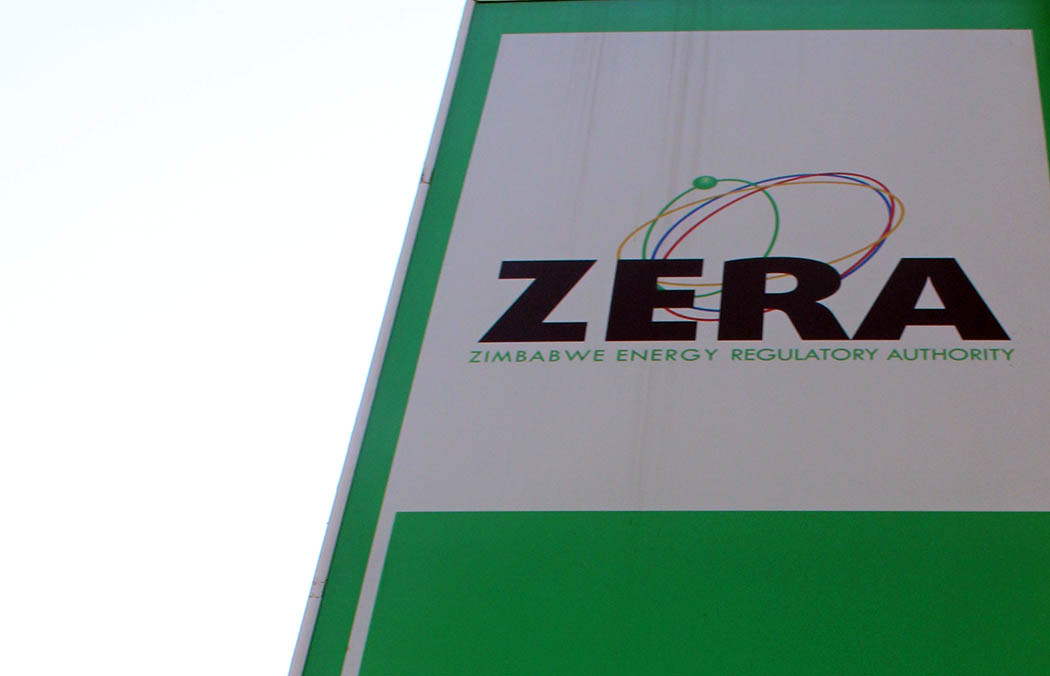 Zera warns against doorstep fuel delivery services
Zera warns against doorstep fuel delivery services The Zimbabwe Energy Regulatory Authority (ZERA) has cautioned individuals and companies against launching doorstep fuel ...
Top Story
 Young Investment Professional (YIP) Graduate Programme 2019
Young Investment Professional (YIP) Graduate Programme 2019 Company Name Investec Asset Management Company Location Cape Town, Western Cape, South Africa Click HEREJob descriptionO...
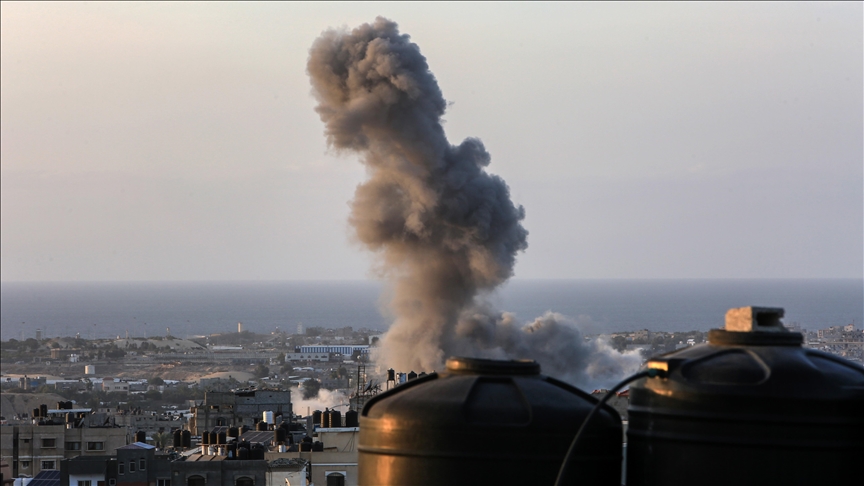

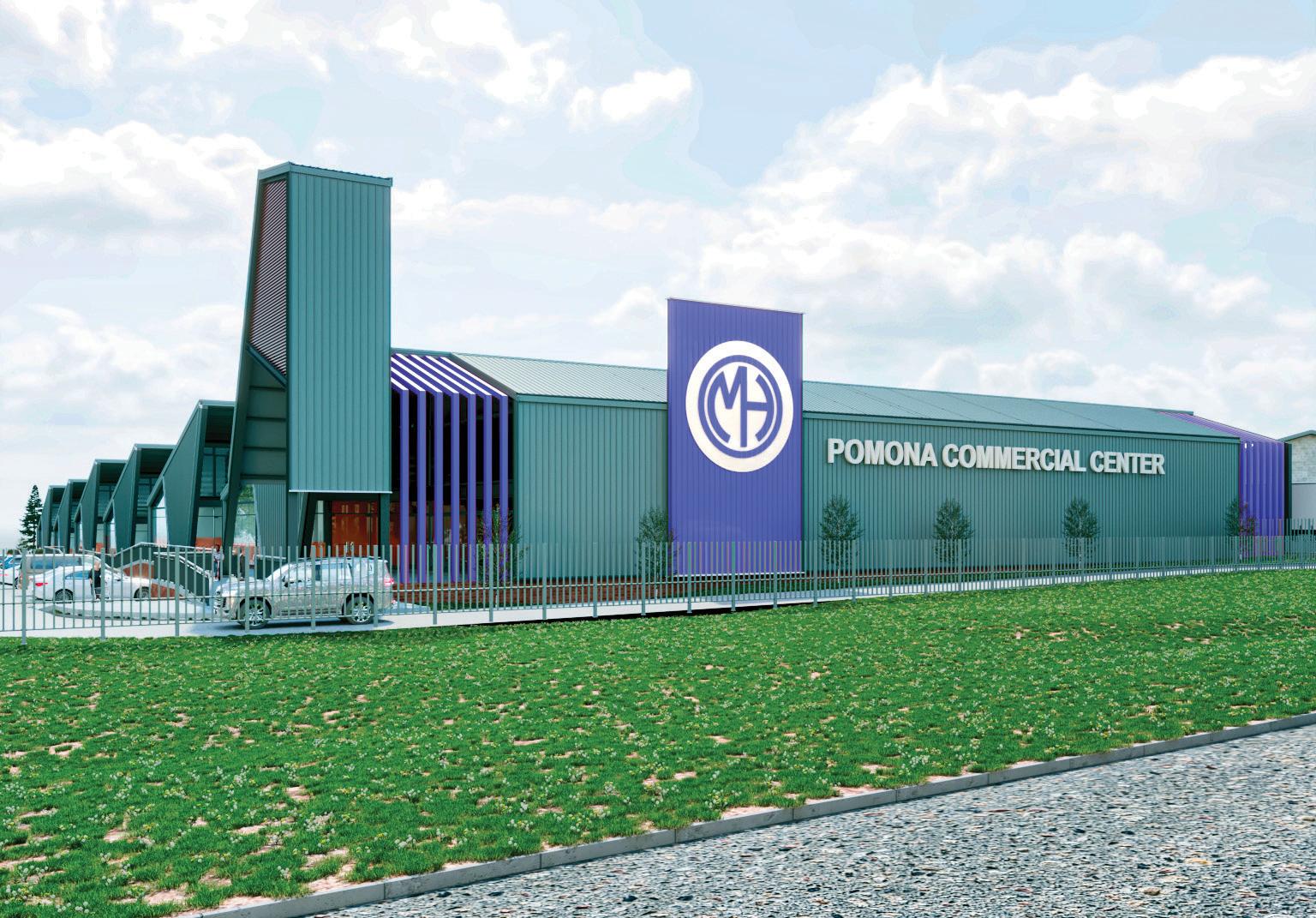
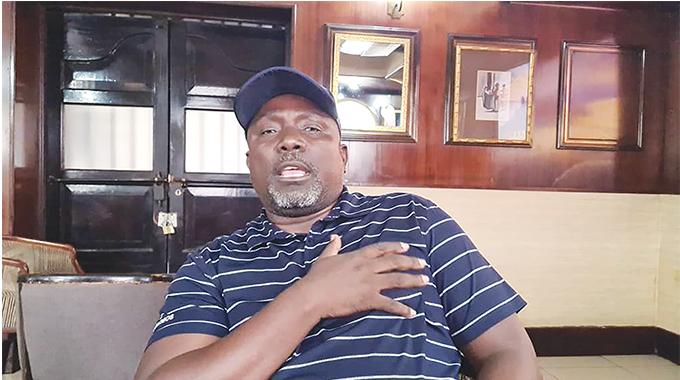

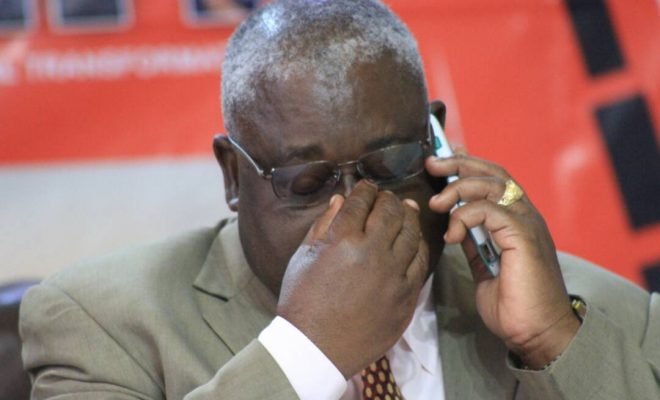

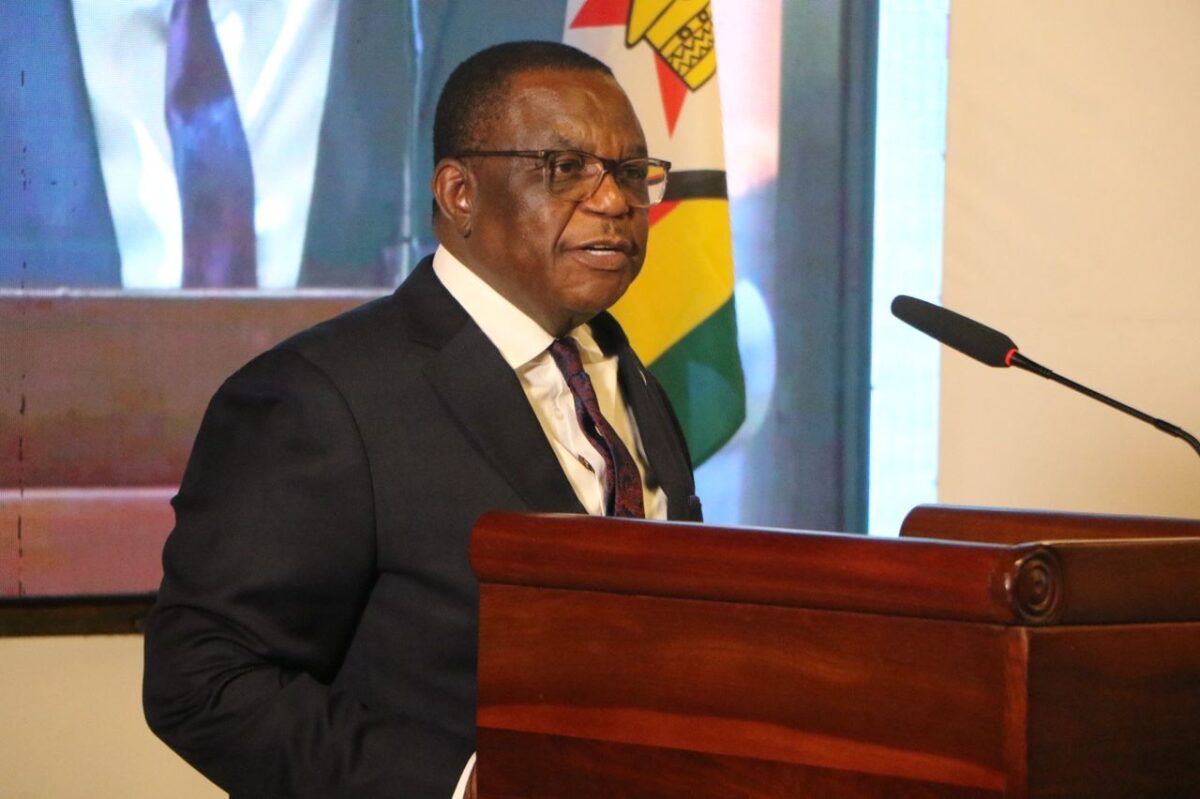



 Young Investment Professional (YIP) Graduate Programme 2019
Young Investment Professional (YIP) Graduate Programme 2019
Editor's Pick